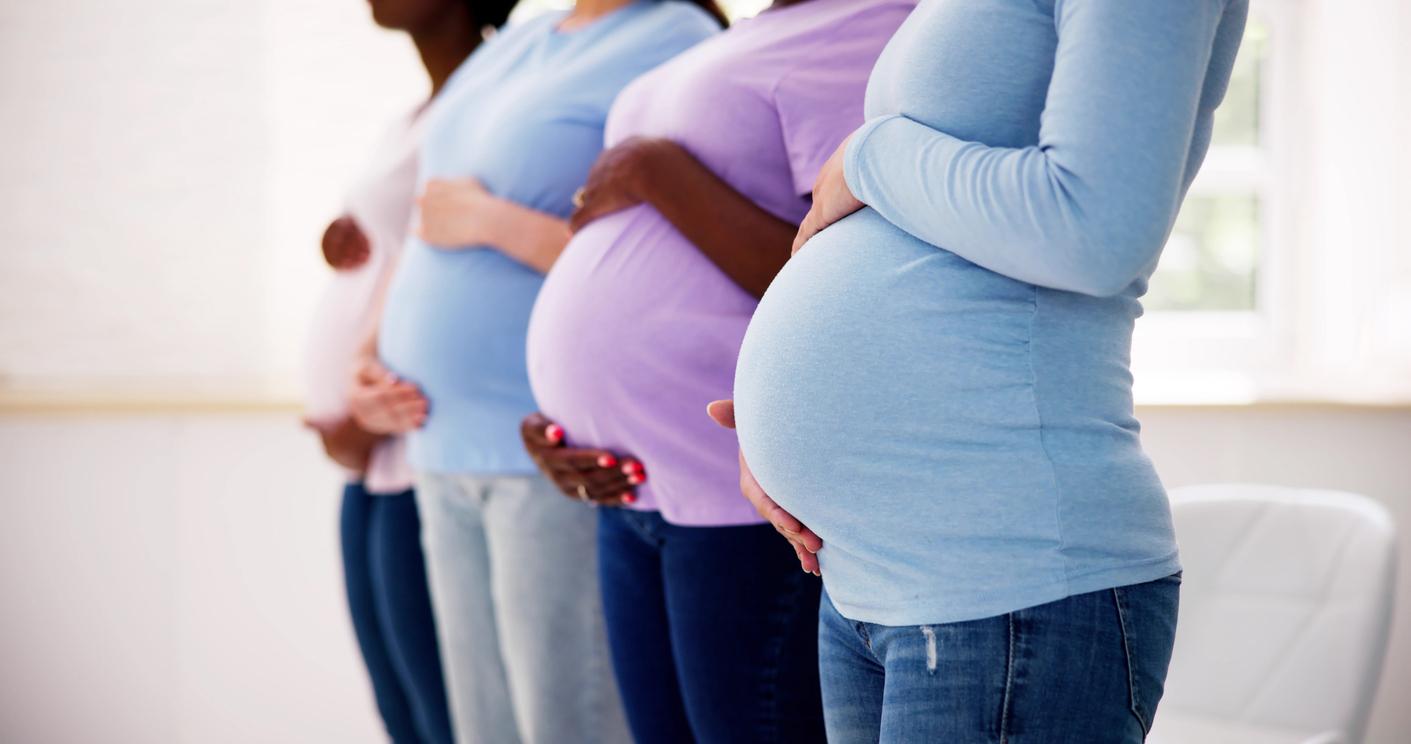Red Cross volunteers who collected and buried the corpses of those who died from Ebola prevented 10,000 life-threatening infections.

They are the very discreet heroes of this epidemic. The “cleaners” who avoided massive excess mortality linked to the Ebola virus. In a study published in the newspaper PLOS Neglected Tropical Diseases, researchers have assessed the number of lives saved thanks to the work of teams who collected the bodies of deceased virus victims and buried them. A particularly dangerous task, which changed the whole situation in this epidemic that occurred in West Africa in 2014-2015.
In fact, funeral rites in this part of the world involve washing the body of the deceased. The fluids of the corpse thus come into contact with those of the living and can contaminate them as they pass. Scores of infections were transmitted through this route during the early stages of the Ebola epidemic.
10,000 infections averted
Teams of Red Cross volunteers therefore set out to collect the bodies for burial, following strict hygiene procedures. Using a statistical modeling system, the researchers found that these teams had prevented more than 10,000 cases of life-threatening infections.
The authors focused in particular on 45 risky community burials, carried out according to traditional rites, as well as the 310 people identified as having had contact with the buried bodies. They were able to assess that on average, each community funeral caused the infection of two people with the virus.
Stigmatized teams
The hundreds of paid Red Cross volunteers were “ordinary West African people, teachers or students,” the authors explain. Many carried out this heavy operation for months, without ceasing. Some of them were stigmatized because the population feared that they would bring the virus into their homes. In fact, they have saved thousands of lives and helped stem the epidemic.
But the people most at risk were actually those who looked after the sick at home, before their death. The researchers point out that many infections could have been avoided if these patients had been cared for in hospital rather than in families and communities.
More than 28,000 people were infected with the Ebola virus in 2014 and 2015. Of these, 11,310 have died. Guinea, Liberia and Sierra Leone were the most affected countries.
.














